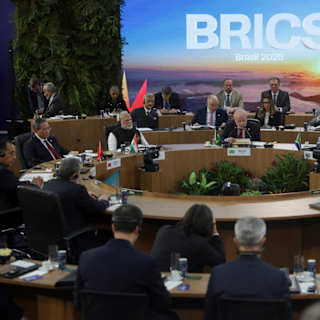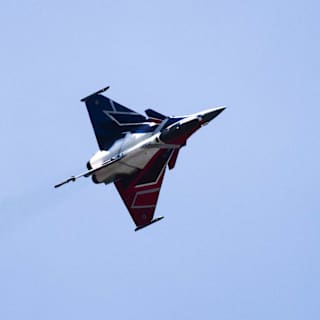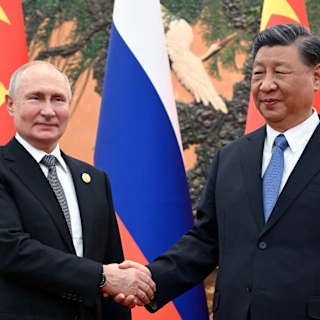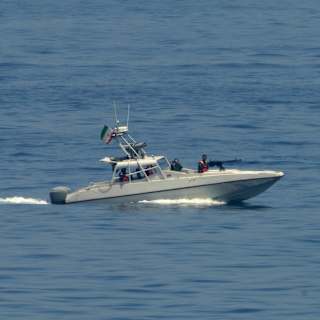- Iranian Minister Tours Chinese Warship
- Counterweight to Western Influence
- Meeting Ends Without Joint Statement
China hosted defense ministers from Iran and Russia in the eastern port city of Qingdao on Thursday, as the three nations deepened military cooperation amid rising global tensions and a fragile ceasefire in the Middle East.
The Shanghai Cooperation Organization meeting came days after the United States bombed Iranian nuclear facilities and just one day after NATO leaders agreed to increase defense spending to satisfy President Donald Trump.
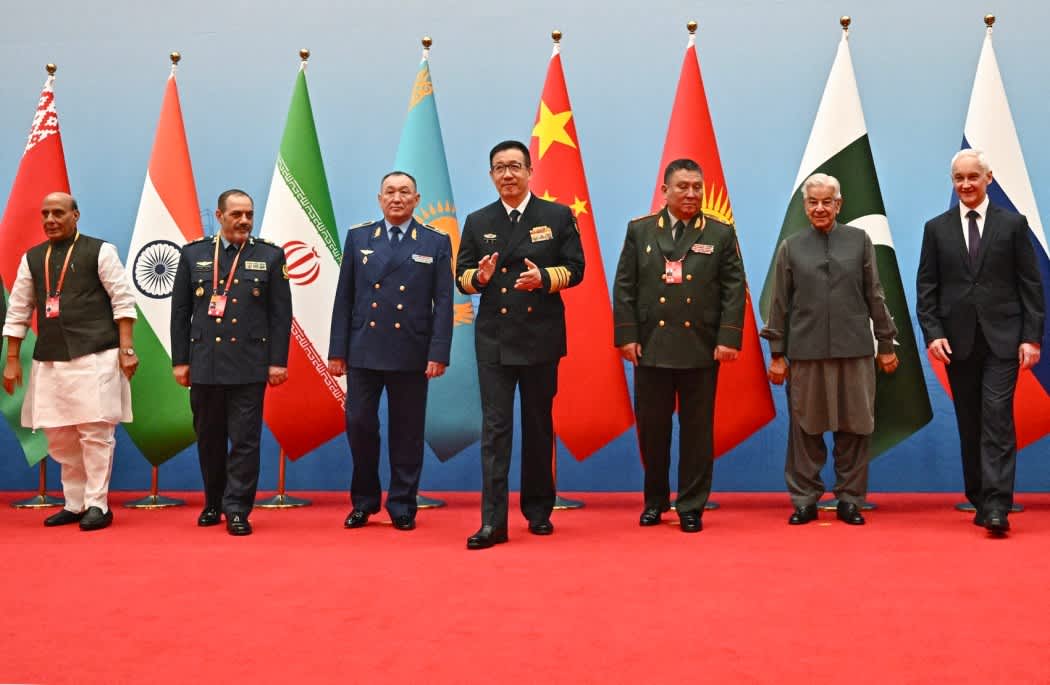
Iranian Defense Minister Aziz Nasirzadeh toured a Chinese Type 052D destroyer and thanked Beijing for "supporting Iran's legitimate position after recent attacks" from Israel and the US1. Speaking aboard the warship Kaifeng, Nasirzadeh said Iran hoped "China will continue to stand for justice, help maintain the current ceasefire and play a greater role in easing regional tensions"1.
Chinese Defense Minister Dong Jun used the gathering to condemn what he called "hegemony," telling assembled ministers that "unilateralism, protectionism and acts of hegemony and bullying are surging, severely disrupting the international order"1. Russian Defense Minister Andrei Belousov described "worsening geopolitical tensions" and said the global situation "shows signs of further deterioration"23.
Beijing has positioned the 10-member SCO as a counterweight to Western-led power blocs, seeking to strengthen collaboration in politics, security, trade and science12. The Qingdao meeting, held at home to a major Chinese naval base, occurred as the ceasefire between Israel and Iran holds after 12 days of fighting34.
China has portrayed itself as neutral in Russia's war with Ukraine, though Western governments say Beijing provides Moscow with crucial economic and diplomatic support23. Experts predict China's backing for Iran will remain limited to diplomatic support rather than military assistance54.
The summit concluded without a joint communique after India refused to sign the declaration1. Defense Minister Rajnath Singh objected to language that failed to explicitly address cross-border terrorism, particularly Pakistan-sponsored attacks1. Singh called for "united global action against terrorism, radicalisation, and extremism," citing them as the biggest threats to regional peace1.
According to SCO rules, decisions require consensus without objections from member states1. Singh's refusal to endorse the document meant no joint statement could be issued, underscoring divisions within the organization despite China's efforts to present a united front against Western influence.
